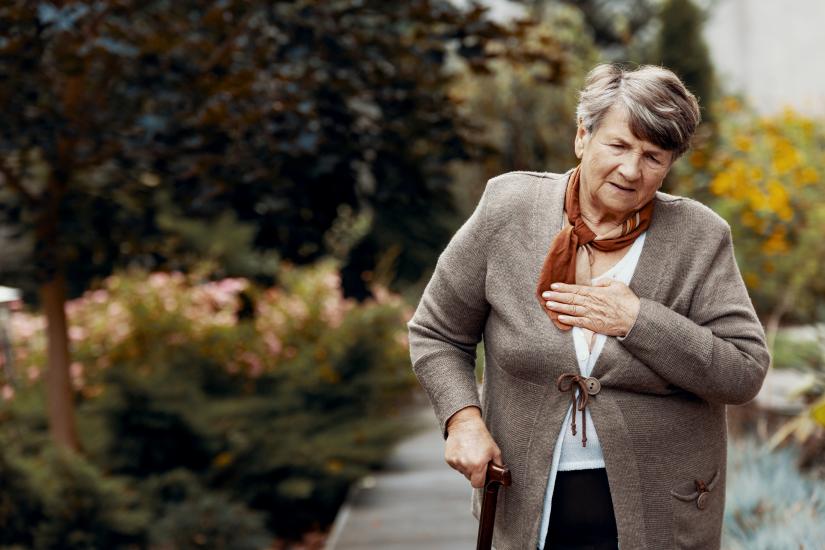PaCCSC is committed to research that improves the quality of life of people with life-limiting illnesses. As well as clinical trials, we conduct a range of projects that improve the evidence to support best clinical practice in palliative care.

Current projects
Delineating the impact of chronic breathlessness: a cross-sectional population study
Chronic breathlessness is a distressing symptom that affects people’s quality of life, compromising their functionality, and leading to increased anxiety and depression. People with chronic breathlessness progressively limit their everyday activities to minimise or avoid being breathless. This leads to a spiral of progressive deconditioning, which, in turn, further worsens the symptom.
The impact of chronic breathlessness is often under-reported by patients and caregivers and under-recognised by clinicians during consultations. Population surveys can identify the impact of this debilitating symptom on people in the community, independently of their contact with healthcare services.
This study aims to identify the link between chronic breathlessness and its impact on aspects of quality of life including physical, psychosocial, social, family, and environmental.
The study, which will involve 10,000 Australians, will help us to understand the prevalence, predictors, and impact of chronic breathlessness in the community. The outcomes of the study will help us to develop more effective symptom assessment strategies and clinical care that meets people’s needs, values, and preferences.
The Chief Investigator for this study is Dr Slavica Kochovska, PaCCSC Postdoctoral Research Fellow. The study is being conducted by researchers at the University of Technology Sydney, in collaboration with researchers from The University of Sydney and Flinders University (Australia), University of Hull (United Kingdom), and Lund University (Sweden).
The study is being funded by a Faculty of Health Seed Funding Grant, University of Technology Sydney. If you have any questions about this research, please email paccsc@uts.edu.au .
Discussing the impact of chronic breathlessness in clinical consultations
Chronic breathlessness is one of the most prevalent and distressing symptoms in people with life-limiting illnesses. This debilitating symptom has a profound impact on people’s lives and those of their families, affecting their physical, psychological, social, and sexual wellbeing. This leads to decreased functioning, poorer quality of life, greater anxiety and depression, increased social isolation as well as dependence on others.
Despite these effects, chronic breathlessness is often under-reported by patients, and under-recognised and under-treated by clinicians during consultations. Finding an effective means to help clinicians identify and respond to this symptom is critical to enabling patient-centred and needs-based clinical care.
This qualitative study is investigating the perceptions and experiences of people with chronic breathlessness as well as caregivers and clinicians in discussing chronic breathlessness during clinical consultations.
Engaging with participants from English- and Arabic-speaking backgrounds, the study is exploring whether chronic breathlessness is discussed in clinical consultations and whether current communication practices are effective in identifying the presence and burden of this symptom.
Including people from the Arabic-speaking community in this research is critical to our understanding of the symptom needs of linguistically and ethnically diverse populations as well as how this diversity is reflected in clinical practice. The study outcomes will help us to develop more equitable research and clinical practices to ensure better health outcomes for the diverse range of people living with chronic symptoms in our community.
The Chief Investigator for this study is Dr Slavica Kochovska, PaCCSC Postdoctoral Research Fellow. The study is being conducted by researchers at the University of Technology Sydney, in collaboration with researchers from the Queensland University of Technology and Wollongong University.
The study is being funded by a UTS Health Futures Development Grant. If you have any questions about this research, please email paccsc@uts.edu.au.
Read the article, Making headway for diversity in clinical trials, published in News in health.

